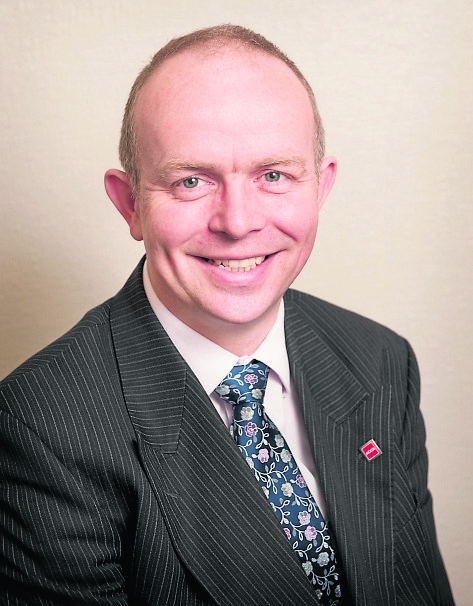By Peter Windatt
BRI Business Recovery & Insolvency
SIMPLY Red’s cover of this song may be equally valid today, both here and across the pond. Whether Yazz (and The Plastic Population’s) cover got it right (The Only Way is Up) remains to be seen. Hopefully, Chumbawamba’s own I Get Knocked Down is more like it. It talks about the resilience of ordinary people. We’ve all been knocked down; hopefully most will manage to get back up again.
Before planning journeys it’s good to know from where you are starting. For individuals and businesses it is important to know what resources are available and what calls there may be on them. In short, what are your assets (cash, goods, money owed to you, plant and machinery, vehicles etc.), what are your liabilities – including any less obvious liabilities – contingent or prospective. Typical contingent liabilities will include claims that depend on the outcome of something else – a court hearing or a third party’s inability to pay (where you have guaranteed their debts). Prospective liabilities include debts that aren’t yet due but you know will be at a future date – e.g. a balloon payment at the end of a lease.
Once you know what your assets/liabilities look like, you can take a view on ‘where are you now’. Future revenues etc. haven’t yet been taken into account. This is your starting point. If creditors come calling now it gives you some view, before costs, of their recovery prospects.
Perhaps surprisingly, a weak hand now improves your negotiating prospects. If creditors threaten and will get nothing if they push you over, how likely are they to push? If you do have lots to lose then, no doubt, they will have got your attention.
Not knowing for how long we are to remain in this state makes knowing what we can offer more difficult. The Crown creditors, HMRC, etc., seem willing to take this on board. Most commercial creditors will do the same and act ‘commercially’. A reason for not doing so includes having credit insurance in place. Aside from that you would anticipate parties looking for win-win rather than lose-lose.
Having to write material for publication at a time of constant flux is to risk looking ridiculous. Predictions of future economic performance are notoriously wrong. Economists prefer life in a crowd where they can blend in with their peers and not stick their necks out too far. I’m in no position to offer a better forecast as to what lies ahead. Being qualified in both seamanship and navigation, and considering the chart ahead, I see vague images of the words ‘here there be dragons’.
Peter Windatt is an Insolvency Practitioner with BRI Business Recovery and Insolvency based in St. James, Northampton. BRI have remained open for business, offering free initial consultations with people and businesses trying to keep their heads above water in these troubled times. Call 01604 754352 or email for more information.


